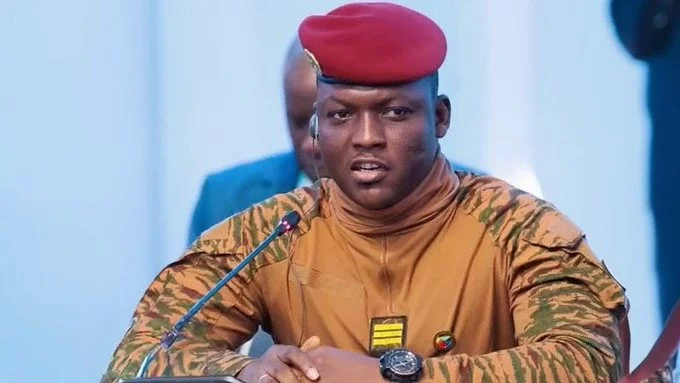
Burkina Faso's President, Ibrahim Traoré, has sparked widespread discussion with his bold assertion that Africa can achieve economic growth without relying on loans from institutions like the International Monetary Fund (IMF) or the World Bank.
In a viral post on X (Twitter) by Africanhub (@Africanhub_), Traoré emphasised Africa's potential, saying, "Africa does not need the World Bank, IMF, Europe, or America. We Africans have what it takes to grow our economy without any loans. We cannot continue to be financial slaves using loans." after which the post was cautioned with "your thoughts on this" which results to several people voicing at their thoughts on the statement made.
One user, tweeting as @keNothing, praised Traoré's candor, stating, "Ibrahim Traoré is a man of few words and factual. I agree 100%."
However, not everyone shared this enthusiasm. @EmmanuelMotelin, a self-identified pan-African, expressed cautious disagreement, saying, "I respect President Ibrahim Traoré, but I have to slightly disagree. Bilateral loans can modernize infrastructure or the military when used responsibly. Africa needs leaders who understand how to leverage IMF and World Bank loans using our natural resources, but for national benefits not personal gains."
Another user, @Baianodealma, struck a hopeful tone while sounding a note of caution: "I wish him and his people all the best. Hopefully, he can set an example for others to follow. Too many revolutionaries over the years turned into dictators harming their own people in the long run."
Traoré's stance is a call for African nations to prioritize self-reliance, utilizing their abundant natural resources and capabilities for sustainable development. His vision challenges the traditional approach of economic dependency and aims to foster financial independence across the continent.
While many have lauded his ambition, others have questioned whether rejecting external loans entirely is realistic without significant internal reforms. As the debate continues online, Traoré's remarks have ignited conversations about the future of African leadership and economic strategy.


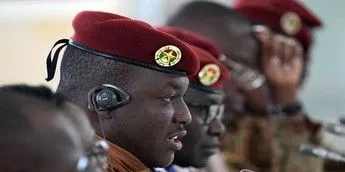
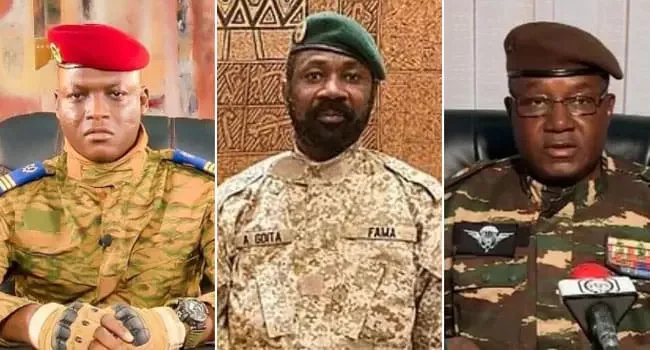
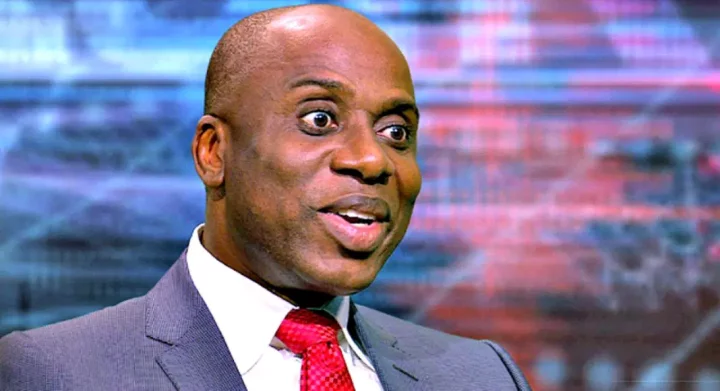
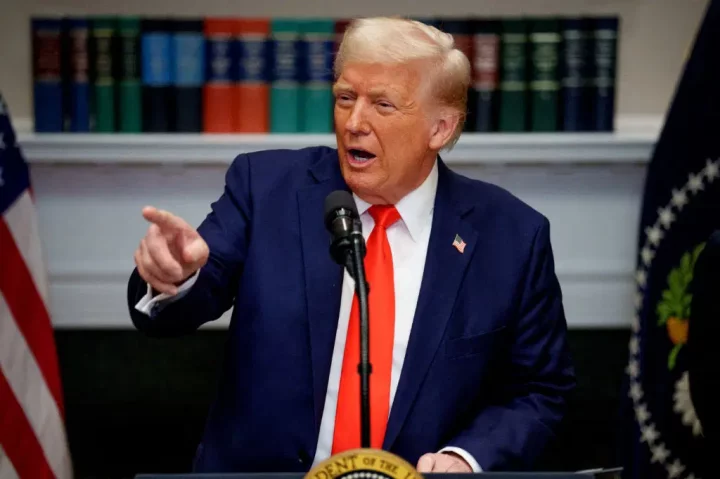
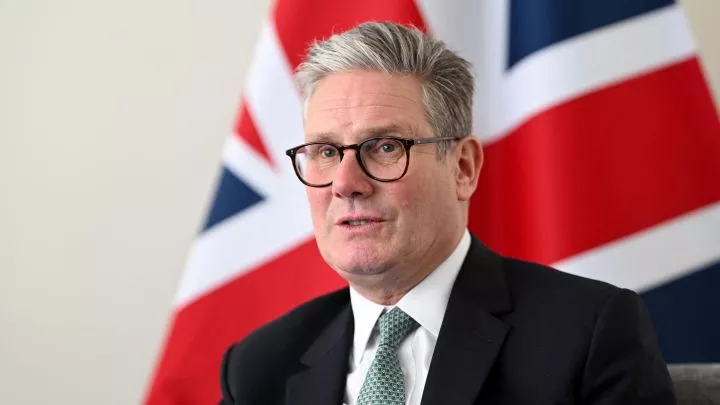

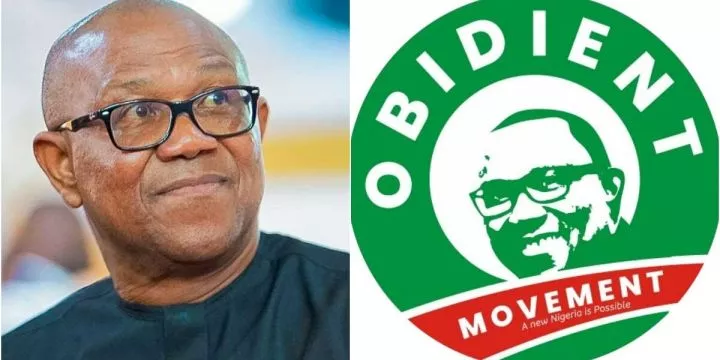




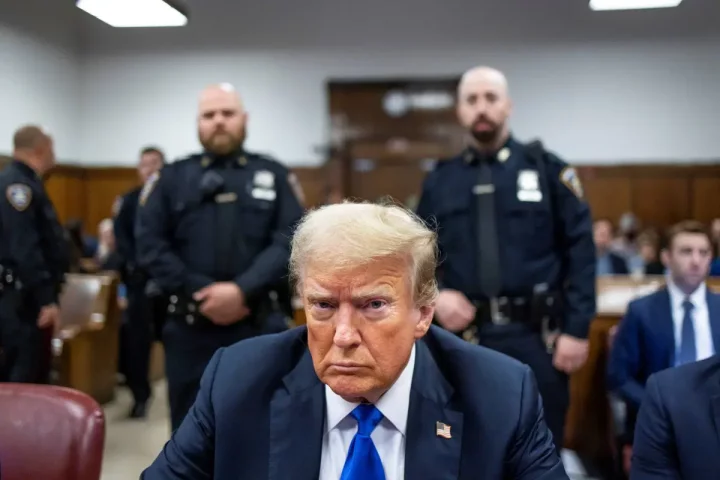
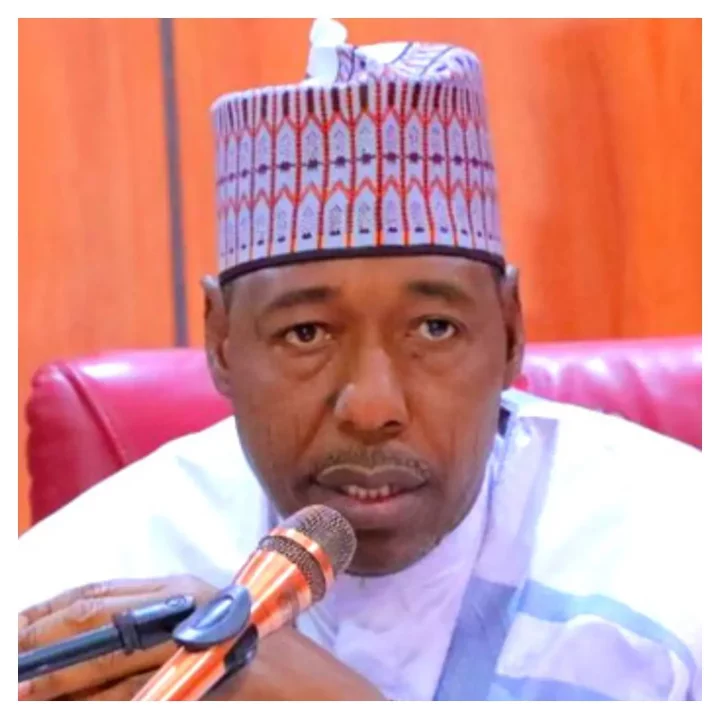


Comments